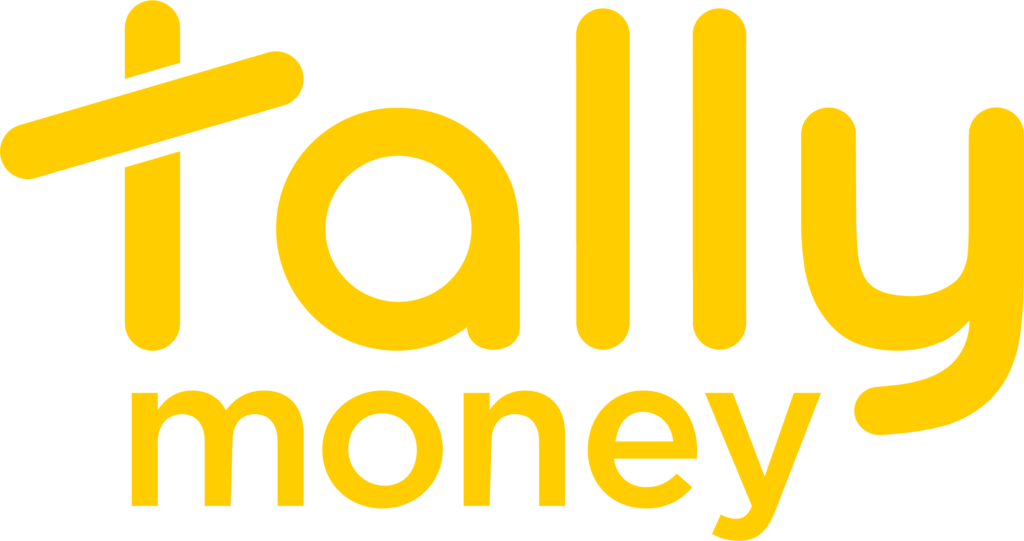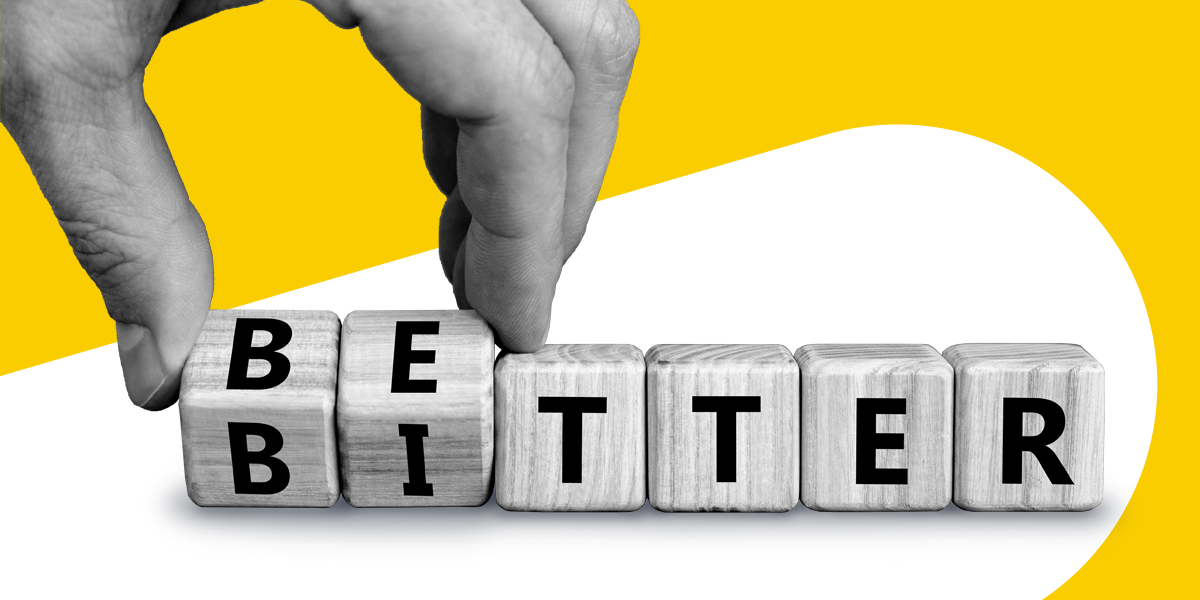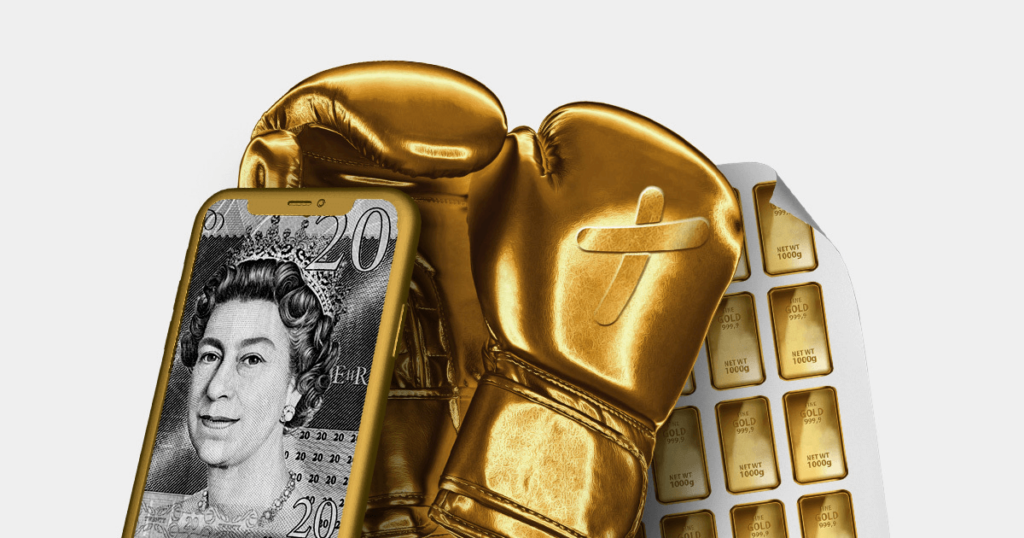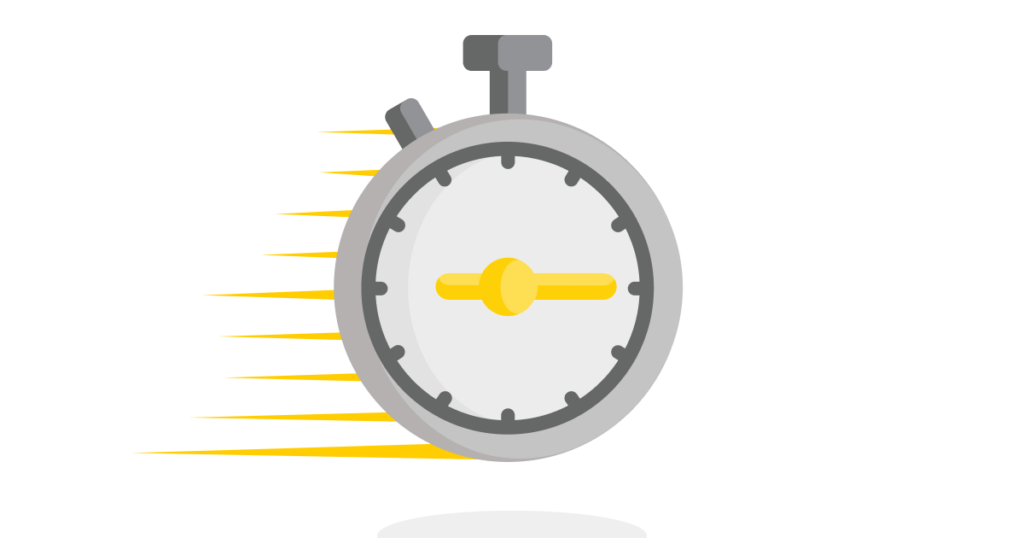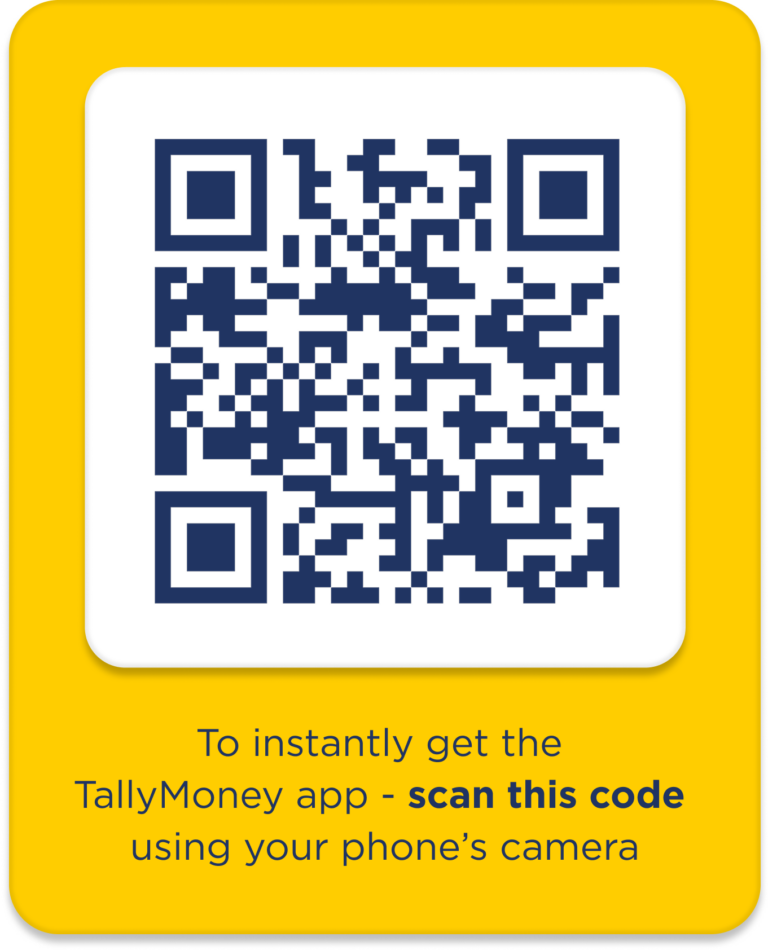Preserving Financial Freedom
Today, banks seem to be playing a risky game, one that could lose the trust that’s their lifeblood, all for the sake of their own narratives and political slants. It’s akin to witnessing a car crash in slow motion – a daring and perilous spectacle. A trend that’s muddying the waters between banking and politics, and that’s no small matter. This domino effect could topple customer trust but also, the very foundations of banking itself.
So, in this sea of uncertainty, where does one anchor their financial trust, where’s the financial haven that respects your uniqueness without shoving a moral compass in your face, or sets more and more hoops to jump through?
Let’s not sugarcoat it—these are hefty issues that shouldn’t be shrugged off. They’re screaming for a deep dive into what financial freedom really means in today’s twisty banking world. TallyMoney is ready to untangle these knotty questions and pave the way to a financial future that’s fair.
Understanding the Shift: The Changing Landscape of Big Banks
Banks, which once prided themselves on customer-centric services, have been shifting their focus gradually. In July 2023, Nigel Farage revealed how his account was terminated on political grounds.
Just before this, the CEO of Coutts departed, a tale that opened Pandora’s box on some thorny technical issues. The incidents didn’t just ruffle feathers; they sparked a nationwide conversation about the complex challenges linked to Politically Exposed Persons (PEPs) and their entanglement with the principles of freedom of speech.
Despite initial suggestions that Farage no longer met the bank’s wealth threshold, the document, obtained through a subject access request and published by the Daily Mail, indicates that Coutts had planned to drop him for his controversial public persona. A report for the bank’s reputational risk committee labelled him as a “disingenuous grifter” with views perceived as xenophobic and racist, suggesting they would end their relationship with him after his mortgage was paid off. The document also references Farage’s connections with Donald Trump, Novak Djokovic, and unproven ties to Russia.
The CEO of the bank that closed the politician’s account stepped down in July after acknowledging the disclosure to BBC of confidential details related to his account. As a domino effect, following Farage’s debanking scandal, many individuals came out to express how banks refused them on the grounds of political views.
It’s almost ironic, isn’t it, wether you agree with his politics or not, In an era where customer experience is touted as king, cases like these suggest that some banks are perhaps more focused on serving their internal narratives rather than their customer base. Adding to the intrigue, Jeremy Hunt, the Chancellor himself, revealed that a neobank had denied him an account, sparking discussions about political biases within the banking sector. Reports emerged of bank employees expressing strong negative opinions about the Conservative Party, even going so far as to label them “evil” and celebrating Tory losses in by-elections. Plus, they didn’t spare criticism for GB News presenter and Tory MP Jacob Rees-Mogg, openly expressing their desire to see him exit politics.
Here we are, in the middle of a financial plot that’s more tangled than a mystery novel – and the twist? Banks might be playing favourites with our data and opinions. We’re not just talking about shutting down accounts. It’s about banks raising an eyebrow at different political views and potentially giving the cold shoulder to those they don’t agree with.
Think about this: Banks peeking into your daily spend-a-thon, gathering all sorts of data. It’s like having a financial Big Brother, but at what cost to your privacy and data security? Which brings us on to Central Bank Digital Currencies (CBDCs) – which could turn this data snooping into a high-tech sport, mirroring these same biases we’ve just covered.
So, here’s the million-dollar question: Should banks really be the ones deciding who’s politically correct enough to use their services? Or is it time we found a more even-handed way to play the banking game, one that sticks to the true spirit of finance without dipping its toes into the murky waters of political bias and data creepiness?
The Rise of CBDC and Concerns
130 countries (covering 98% of the global economy!) are exploring the creation of their own CDBCs. But coupling the technological makeup of CBDCs with the new-found hostility of the banking and political system, 1984 might become a reality, out of Orwell pages and right into our bank accounts.
At first glance, CBDCs seem like a leap into the future, but they open a Pandora’s box of privacy challenges. Even more, it paves the way towards a world where every financial move you make is laid bare for central authorities to see – and assess. Governments and central banks, armed with this unprecedented access, could monitor your every financial step or enforce tax regulations with unprecedented precision.
It’s a major, dangerous shift where our financial transactions transform into an open book ready for inspection. The question is, are we ready for this level of transparency in our financial lives?
And here are some words we all need to hear, as Big Brother Watch Campaign warns, “The Government’s plan to pilot a Central Bank Digital Currency by 2025 would threaten privacy like never before.” Explaining this urgency, they came up with the following 7 reasons:
- Unjustified Need: Questionable necessity with potential for significant financial and social impacts.
- Privacy Risks: Surveillance of transactions raises major privacy issues.
- Financial Control: Possibility of misusing control over personal finances, infringing on individual rights.
- Digital Identity Concerns: Risks of surveillance, security breaches, and discrimination.
- Data Exploitation: Potential for using personal data in marketing, increasing surveillance.
- Security Vulnerabilities: Centralisation could attract cyberattacks and data breaches.
- Lack of Democratic Oversight: Central financial authorities making decisions without adequate parliamentary input.
With CBDCs being a federal creation, the government’s ability to monitor business transactions and financial activities is significantly amplified. This newfound power could pave the way for heightened state surveillance, encroaching upon the sanctity of people’s financial privacy. It’s a scenario that conjures images of an omnipresent state closely watching the fiscal movements of its citizens.
Another intriguing yet potentially alarming aspect is the concept of social scoring. Imagine a world where your financial behaviour, captured through CBDC data, influences your social rating. This rating could become a determinant in accessing services or job opportunities, with far-reaching implications on individual liberty and societal structures. In fact – some steps in this direction are already happening, as China has been exploring the addition of CBDCs to its social security cards.
Garrick Hileman from Cambridge highlighted concerns about CBDCs. His main warning centred around the authority to oversee every financial transaction and restrict payment capabilities was demonstrated during last year’s Canadian trucker strike. Then, the government used emergency powers to halt the financial activities of the protesters.
As banks are already demonstrating a tendency to align services with their political or internal views, CBDCs could inadvertently become tools for enforcing these biases more systematically.
TallyMoney: A Beacon of Financial Freedom
We live in a world where bigwigs often set the financial menu, leaving us craving more. But what if you could order à la carte for your financial well-being? Financial choices are often limited and dictated by traditional systems, and because of this, what we lack as a society is freedom of choice.
You’re not just another face in the crowd when you use TallyMoney. Instead, you’re the author of your own financial story, navigating through the ever-evolving global economy with a service that gets you. It’s not about fitting into a mould; it’s about breaking free from it and finding a path that resonates with your personal goals and values.
Our Stance: Money for the People, By the People
TallyMoney gives you a space where your money moves are yours and yours alone – how? Perhaps add a little more about why tally is different to a bank and how we do not borrow customer money. Think of us as that cool, unintrusive mate who respects your financial choices, with no nagging or moral high-horsing involved.
When you entrust us with your account, you can rest assured that it belongs to you, and you alone. It remains steadfast, secure, and free from the unpredictability of capricious decision-making, with no interference from our end whatsoever.
We know the banking world can sometimes feel like a sneaky game of financial favourites, but we’re here to roll out the red carpet for your financial journey, no matter its twists and turns.
So, whether you’re saving for a rainy day or planning your next big adventure, remember that your financial journey is yours to shape. TallyMoney stands by your side to provide support, not to pass judgment or alter them in any way.
